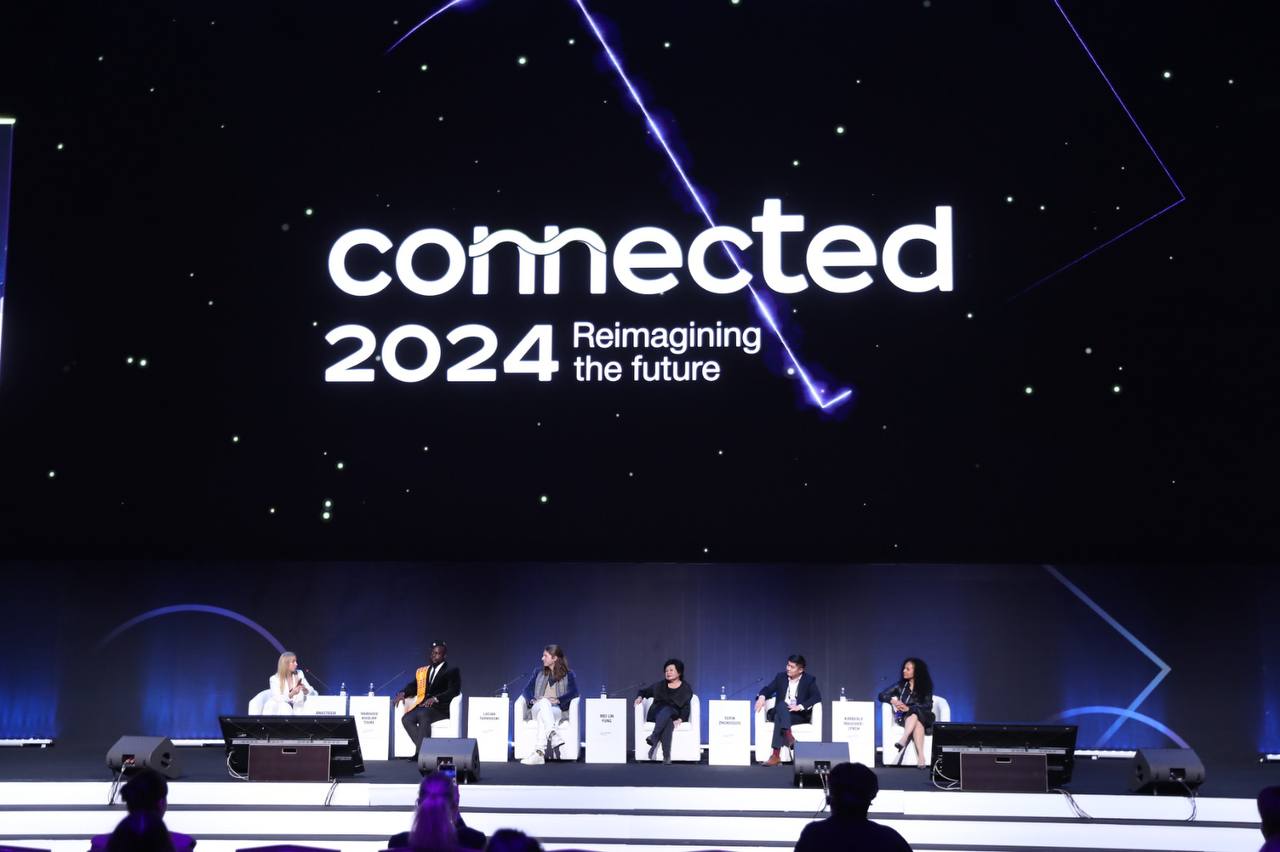The plenary session "A Worldview Approach" was moderated by renowned journalist and television host Riz Khan, who set the tone for the discussion by urging participants to view the future through the lens of global changes and transformations. Speakers included futurist Gerd Leonhard, Nobel laureate Rae Kwon Chung, and Oxford University professor Peter Frankopan, who shared their insights on how changes in science, ecology, and the economy will shape the future of the world. Importantly, each of them emphasized the significance of sustainable development and the role of science in addressing global challenges
One of the key themes of the Forum was "The Synergy of Technology and Humanity: Bio-Digital Convergence," where the future of the symbiosis between humans and technology was discussed. Speakers David Rowan, Bronwyn Williams, and Tornike Dzhabava talked about how artificial intelligence and digital technologies will integrate into everyday life, reshaping its structure. Importantly, the speakers highlighted the need to prepare a workforce capable of operating in this new reality.
Major businesses also shared their vision of the future during the session "The Impact of Business on the Future." Speakers from IBM and BlackRock discussed how businesses can play an active role in shaping the technological future through investments in innovation and education.
The session "Global Competitiveness of Higher Education: Building a Strategy," moderated by the Minister of Science and Higher Education Sayasat Nurbek, focused on how universities must adapt to modern challenges to remain competitive on a global scale. Notably, Kazakhstan aims to become a regional educational hub, and the role of universities in this process is of utmost importance. The preparation of specialists for critical sectors such as energy, ecology, and digital technologies was highlighted as a priority.
The second half of the day included a discussion on how the East and West can jointly develop a sustainable development model. Oxford University professor Peter Frankopan and strategist Jahkini Bisselink discussed how global changes in the economy and ecology require the integration of efforts from all corners of the world.
One of the most significant sessions was dedicated to environmental challenges and crises. "China's Green Goddess" Peggy Liu and Nobel laureate Rae Kwon Chung spoke about how climate change will impact the global economy and politics, emphasizing the need for sustainable development.
Conclusion after the second day: How will CONNECTED 2024 impact the future of Kazakhstan?
The sessions on the second day of the forum provided participants with a platform to discuss key challenges facing modern society: technological synergy, sustainable development, and the future of higher education. Notably, global events like CONNECTED 2024 enable Kazakhstan to integrate into the global scientific and educational community.
The Ministry of Science and Higher Education of Kazakhstan, under the leadership of Sayasat Nurbek, demonstrated its commitment to the development of transnational education and science. It is important to note that the Forum's conclusions highlight the need to prepare qualified professionals capable of addressing the most complex challenges of the future.
The forum not only updated the agenda but also prompted rectors of Kazakhstan's universities to view their work from a new perspective.
The results of the two days of CONNECTED 2024 can be summarized as Kazakhstan, through the efforts of the Ministry of Science and Higher Education, aiming to take a leading position in the fields of science and education not only at the regional level but also globally.
The strategic goal of the forum — preparing a future-ready workforce with a focus on innovation, science, and sustainable development — emphasizes the importance of integrating Kazakhstan's universities into the international scientific and educational community.

